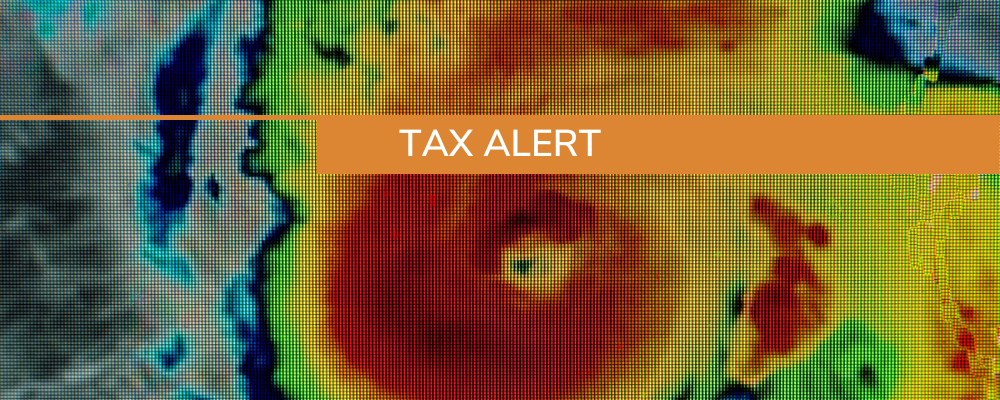The Internal Revenue Service announced on September 6 in release IR-2023-163 that Hurricane Idalia victims throughout all of South Carolina (all 46 counties in South Carolina qualify for the relief) will now have until February 15, 2024, to file various federal individual and business tax returns and make certain tax payments. This tax relief announcement is similar to relief that was previously announced in release FL-2023-06 on August 30 for 49 counties in Florida. The tax filing and payment postponement period starts on August 29 for South Carolina taxpayers.
Individuals and businesses anywhere in South Carolina or one of the 49 eligible counties in Florida will qualify for the new tax relief as designated by the Federal Emergency Management Agency (FEMA) in presidential disaster declarations on September 6 in South Carolina and August 30 in Florida.
The February 15, 2024 deadline applies to several common tax filings and payments for individuals and businesses:
- Individuals with a valid extension to file their 2022 return due to run out on October 16, 2023 (any tax payments related to these 2022 returns that were originally due on April 18, 2023, are not eligible for this relief and will be subject to the normal penalties and interest calculations)
- The individual fourth quarter estimated tax payments normally due on January 16, 2024
- The quarterly payroll and excise tax returns normally due on October 31, 2023, and January 31, 2024
- Businesses with an original or extended due date, including calendar-year corporations with 2022 extensions due to run out on October 16, 2023 (any tax payments related to these calendar-year 2023 corporate returns that were originally due on April 18, 2023 are not eligible for this relief and will be subject to the normal penalties and interest calculations)
- Tax-exempt organizations, including for 2022 calendar-year returns with extensions due to run out on November 15, 2023
Tax relief is also available for payroll and excise tax deposits due during a shorter eligibility period. Penalties on payroll and excise tax deposits due on or after August 29, 2023, and before September 13, 2023, will be abated as long as the tax deposits are made by September 13, 2023.
The IRS will automatically provide filing and penalty relief to any taxpayer with an IRS address of record located in these disaster areas. There is no need to contact the IRS to request the relief in advance if your individual or business tax account address is in South Carolina or certain eligible counties in Florida. In the event a taxpayer does receive a late filing or late payment penalty notice from the IRS with an original or extended filing due date falling within the postponement period, they should contact the IRS directly to have the penalty abated.
The IRS will also work with any taxpayer or business located outside these disaster areas but whose records necessary to meet a deadline occurring during the postponement period are located in the affected areas. Taxpayers qualifying for relief who live outside the disaster areas will need to contact the IRS directly at 866-562-5227. This tax relief is also eligible for workers assisting with Hurricane Idalia relief activities who are affiliated with a recognized government or philanthropic organization.
Further hurricane disaster relief tax updates can be found on the IRS disaster relief page including options for reporting uninsured or unreimbursed disaster-related losses on 2022 or 2023 individual and business tax returns.
PBMares clients with questions about Hurricane Idalia tax relief and the new February 15, 2024 tax deadline or reporting uninsured disaster losses can reach out to Charles Dean Smith, Jr., CPA and Tax Partner in the firm’s New Bern, NC office.





